Grace Subteams
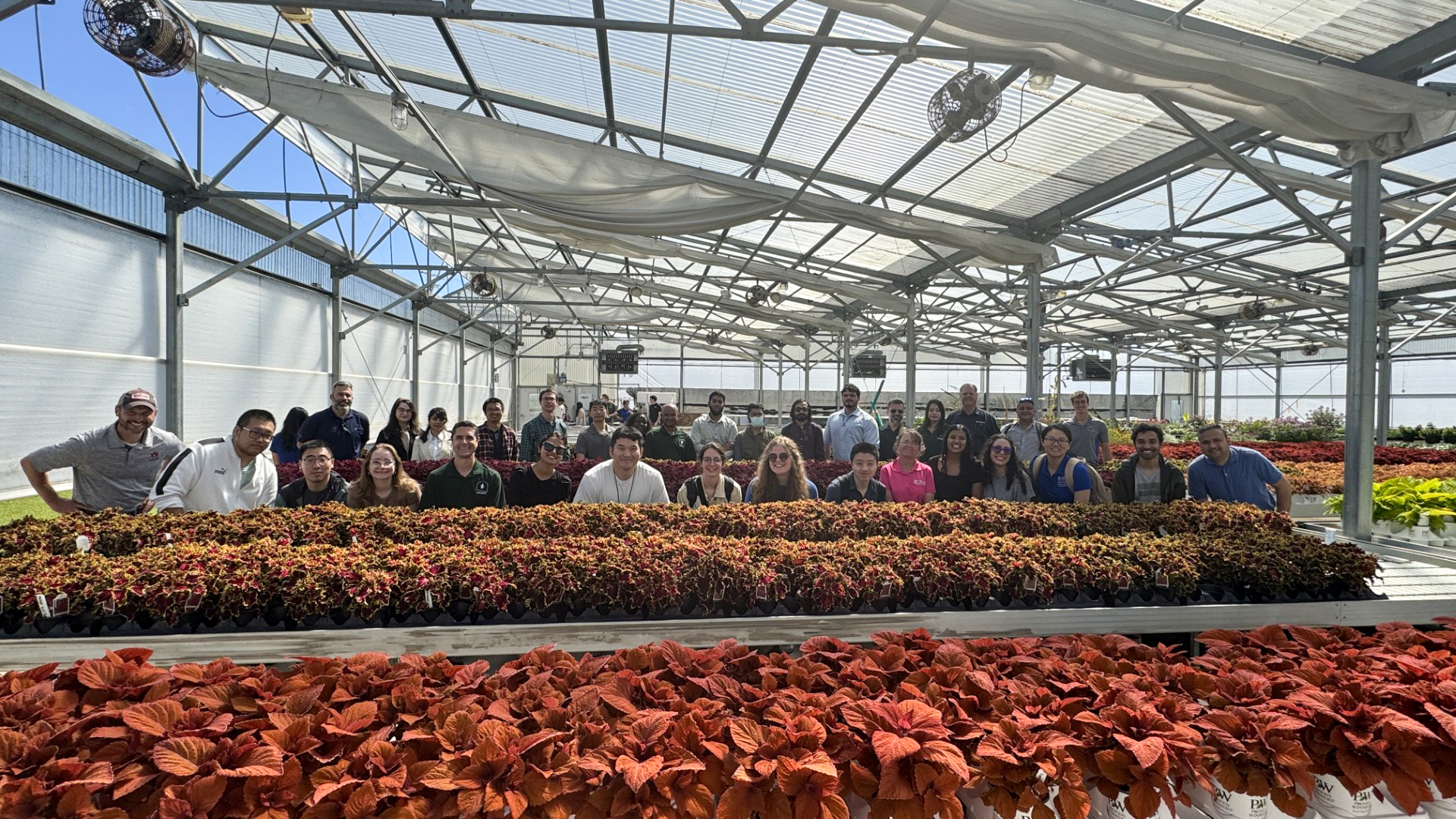
Plant Biology
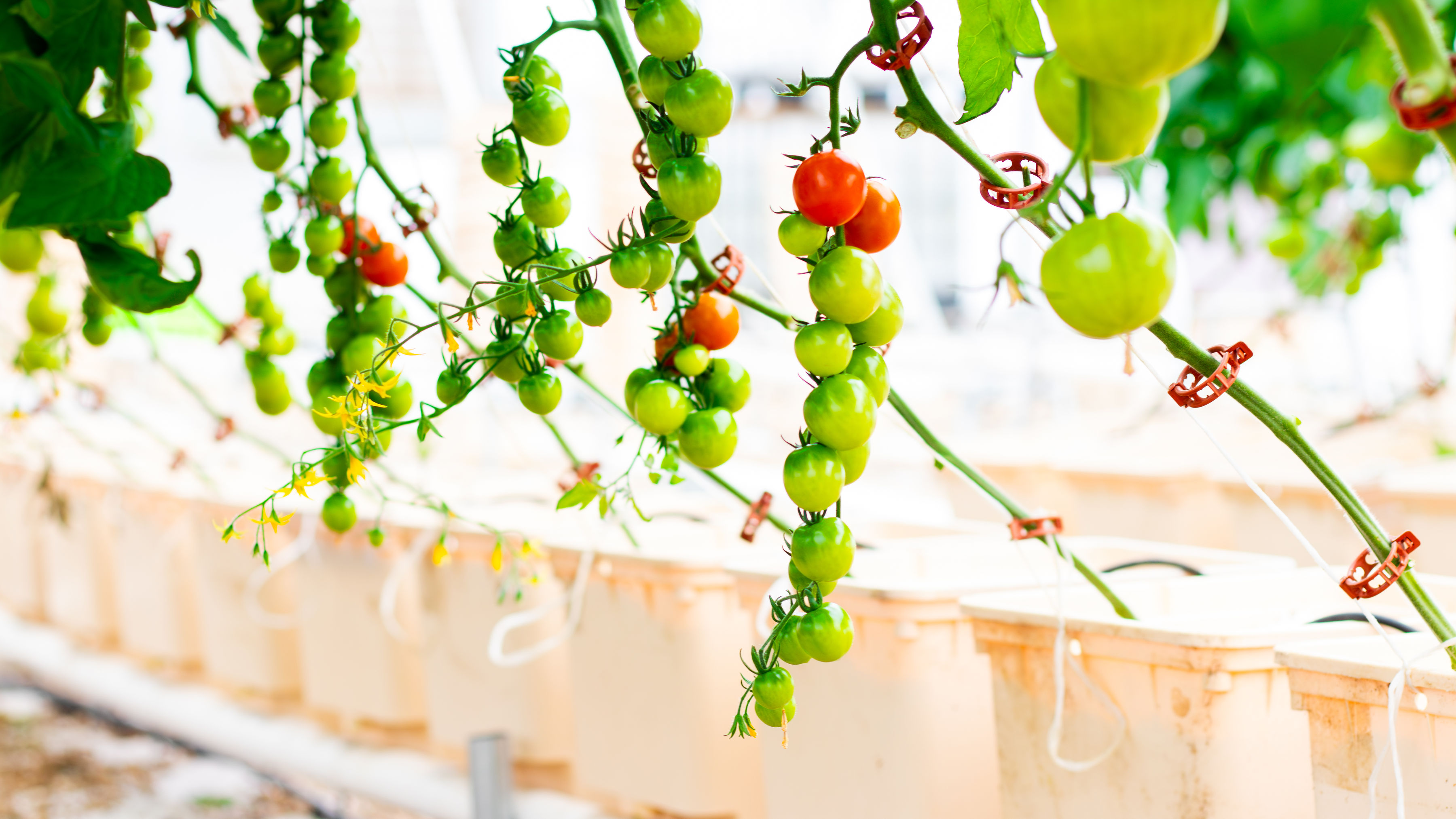
Michigan State University
Dr. Yongsig Kim and his team are measuring photosynthesis efficiency to assess plant growth under different temperatures using advanced technology at Michigan State University.
The project aims to identify resilient genes and use genetic editing to create improved tomato plants, which will be tested in controlled chambers and real greenhouse conditions in the final project year. They will pick the best-performing plants and analyze their genes to understand what makes them resilient to temperature changes.
Read More About What They're Doing
University of Florida
Dr. Germán Sandoya at the University of Florida is developing heat-resistant lettuce varieties by focusing on those that withstand bolting and tipburn, using controlled environment experiments to study growth and energy efficiency.
In the second phase, he will cross the most heat-tolerant varieties with high-quality lines to create even more resilient lettuce. Expected outcomes include heat-tolerant lettuce for greenhouse production and improved breeding techniques for controlled environments, with a plan to explore additional germplasm resources if necessary.
Read More About What They're Doing
Auburn University
Dr. Neha Potnis at Auburn University is testing microorganisms that enhance tomato plant growth and resilience to temperature fluctuations.
The goal is to identify beneficial microorganisms by testing their effects on tomato and lettuce plants, using methods like removing individual microorganisms and passing communities through temperature-exposed plants. Expected outcomes include finding microorganisms that improve plant resilience, testing them in larger greenhouse experiments, and addressing challenges like cultivation difficulties and pathogen susceptibility.
Read More About What They're DoingGreenhouse Production
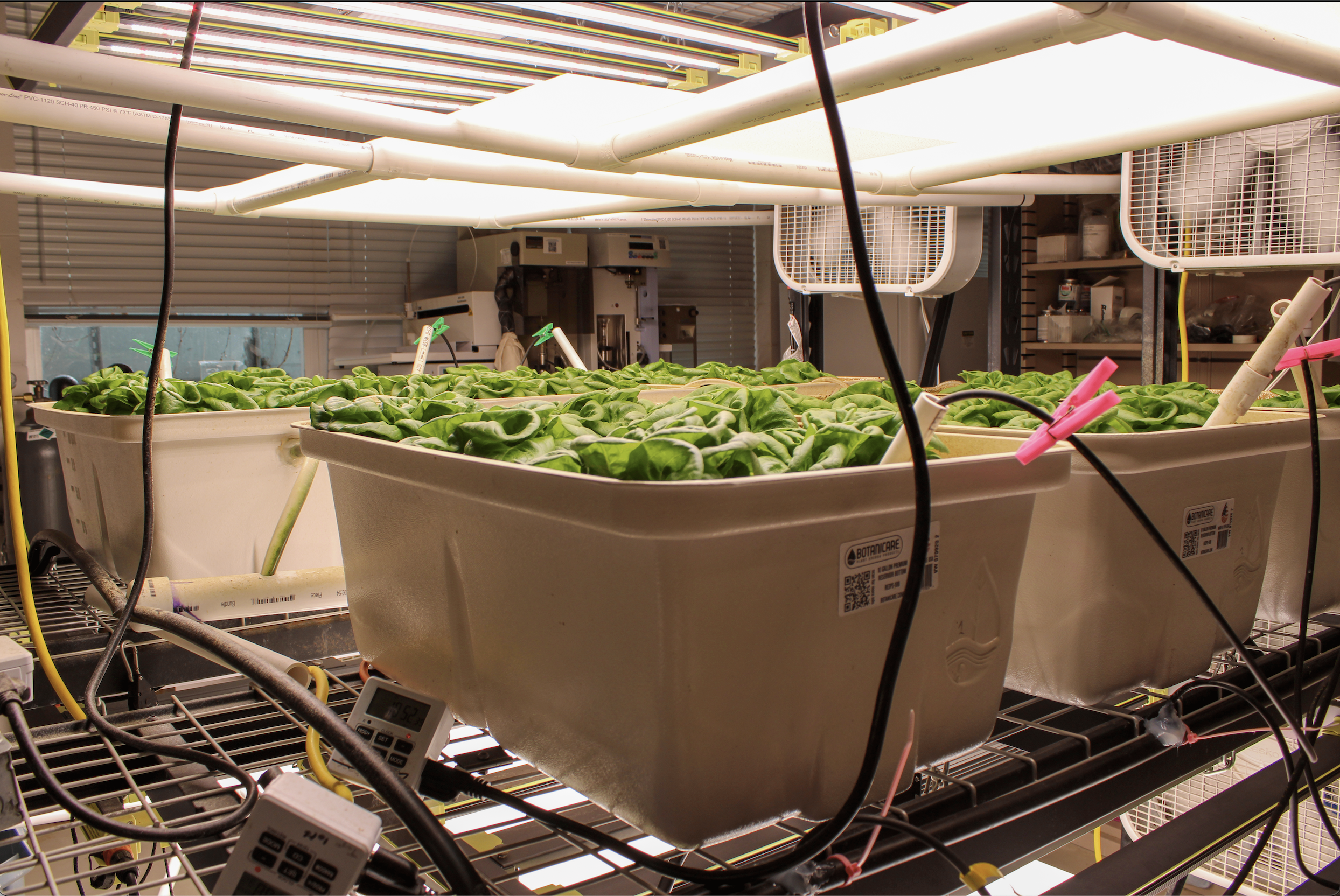
Auburn University
Dr. Wells is evaluating seasonal crop rotation and polyculture in greenhouses to reduce energy consumption while maintaining yields.
Dr. Wells plans to investigate targeted climate control for plant meristems using inflatable ducts, aiming to improve growth efficiency in lettuce and tomatoes through localized heating or cooling.
Read More About What They're Doing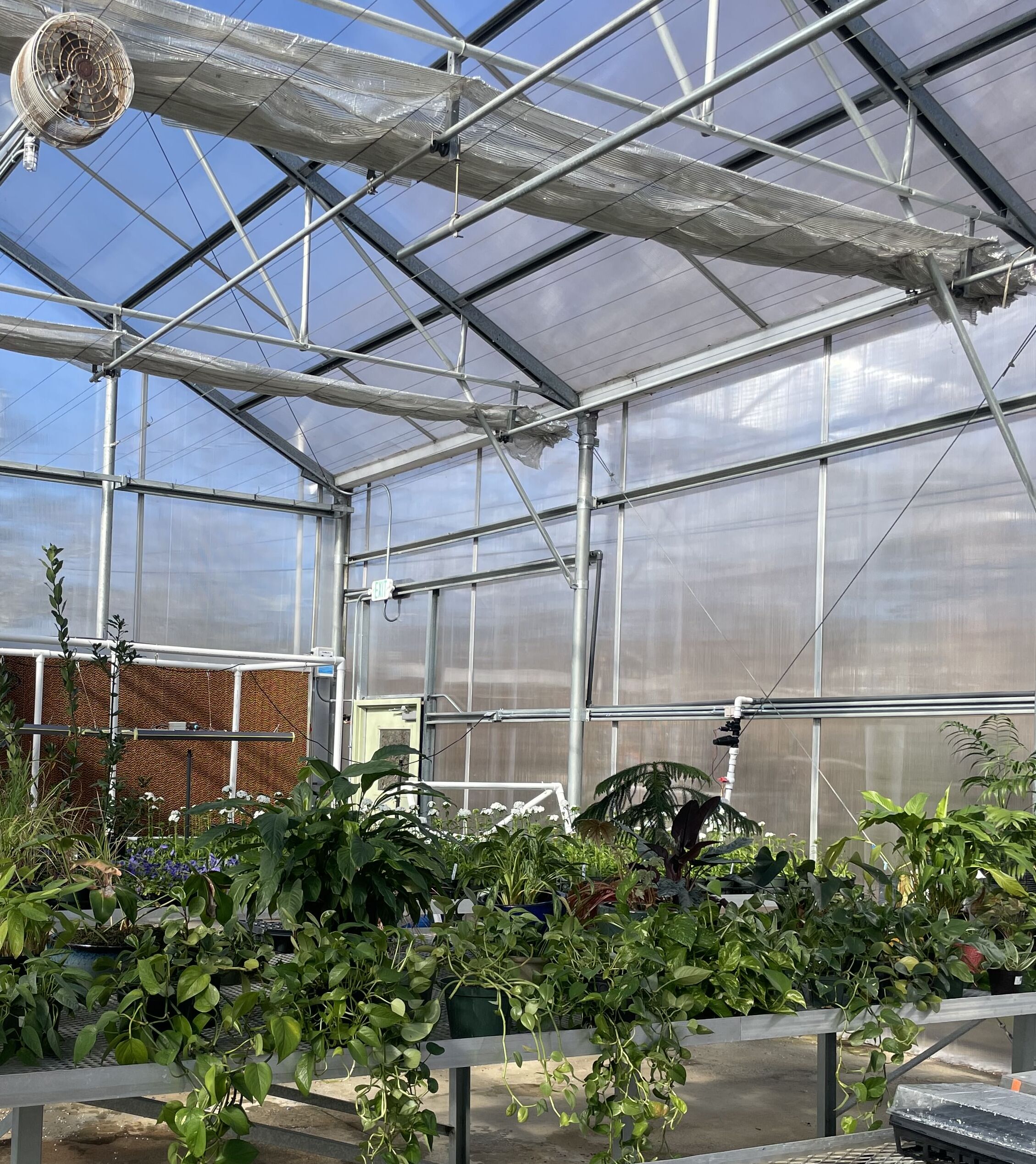
Tuskegee University
Dr. Mortley is studying light management strategies, including summer shade cloth and winter supplemental lighting, to optimize crop production and energy use.
The study will analyze impacts on yields and carbon emissions.
Read More About What They're DoingEconomics

Tuskegee University
Drs. Chen and Diabate at TU will quantify economic impacts of interventions on producers and understand consumer behavior to promote sustainability.
Dr. Chen will assess consumer perceptions and willingness to pay for low-carbon Controlled Environment Agriculture (CEA) commodities, using sociodemographic data to analyze preferences. Drs. Chen and Diabate will develop enterprise budgets for CEA under different practices to help small farmers understand financial implications, aiming to provide budget samples for tomato and lettuce production.
Read More About What They're DoingEducation
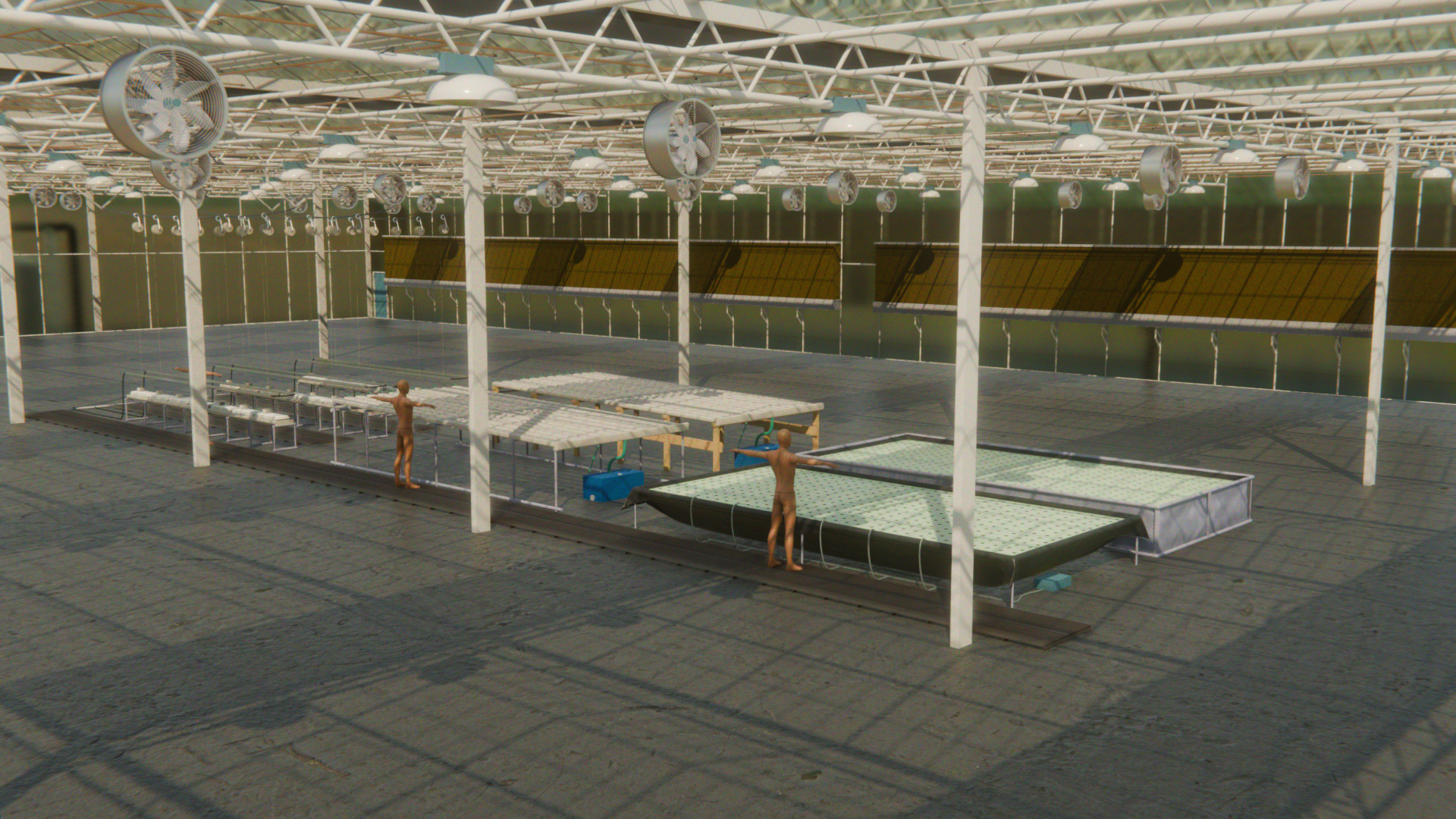
Auburn University
Dr. Cline is engaging regional high schools in hands-on CEA education, aimed at preparing the future food and agriculture workforce in the Southeast, with impact assessed through educational evaluations.
Read More About What They're DoingExtension
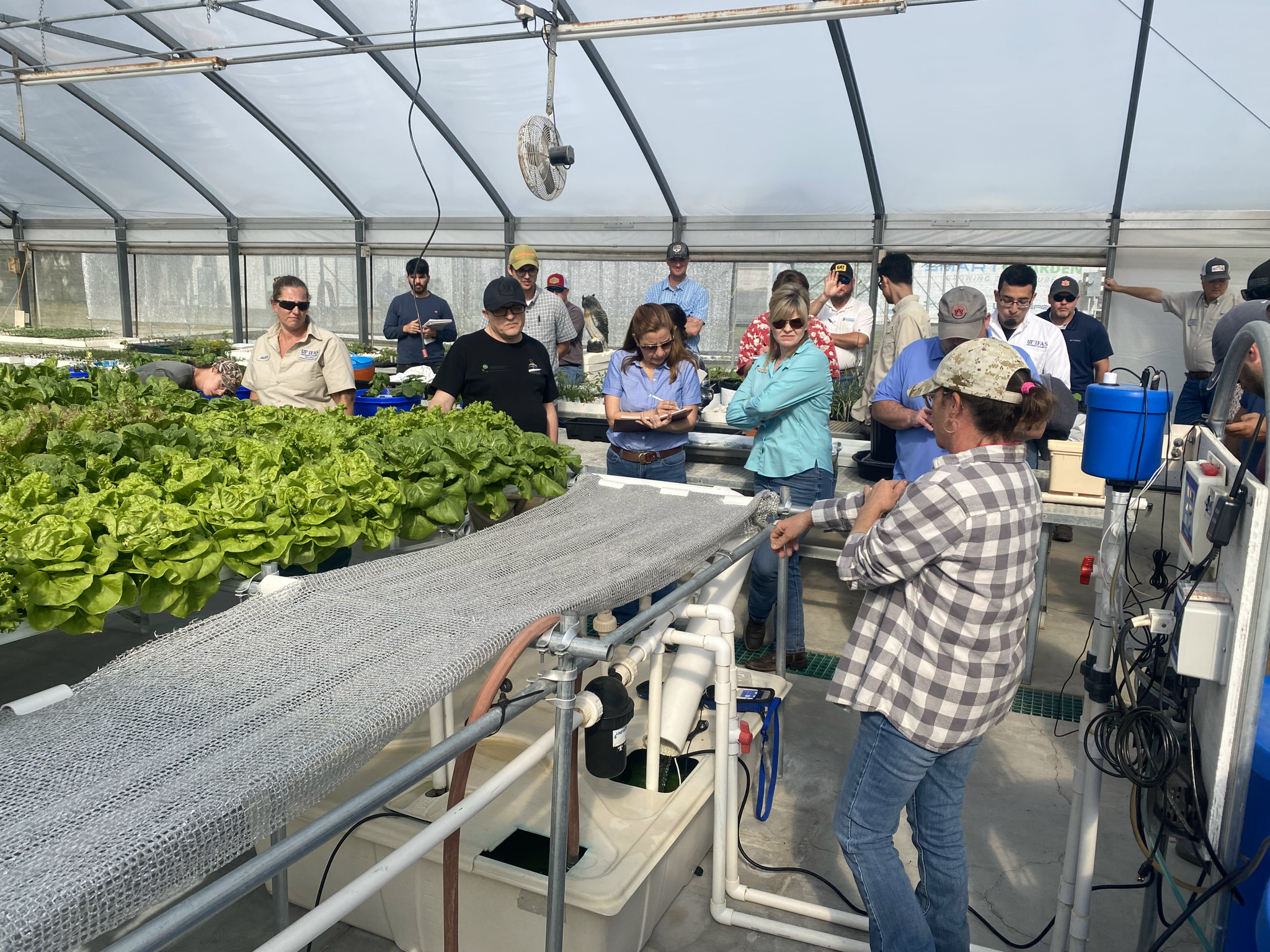
University of Florida & Auburn University
Research findings and best practices in Controlled Environment Agriculture (CEA) will be disseminated to specialty crop producers.
Faculty from AU, TU, and UF will lead extension activities in Alabama and Florida, with the University of Florida's Small Farms Academy enhancing greenhouse production workshops to incorporate the latest CEA research outcomes.
Read More About What They're DoingSystems Modeling

University of Florida
Dr. Zhang at UF is developing computational fluid dynamics models to assess greenhouse shading control strategies that aim to enhance cooling efficiency.
Dr. Shelia is creating dynamic crop models for lettuce and tomatoes, combining conventional mathematical methods and machine learning to improve yield predictions in greenhouse environments.
Read More About What They're Doing
Auburn University
Dr. Higgins is conducting life cycle assessments and sustainability modeling to improve climate control strategies and reduce environmental impacts in CEA systems.
Read More About What They're DoingEnergy & Wastewater
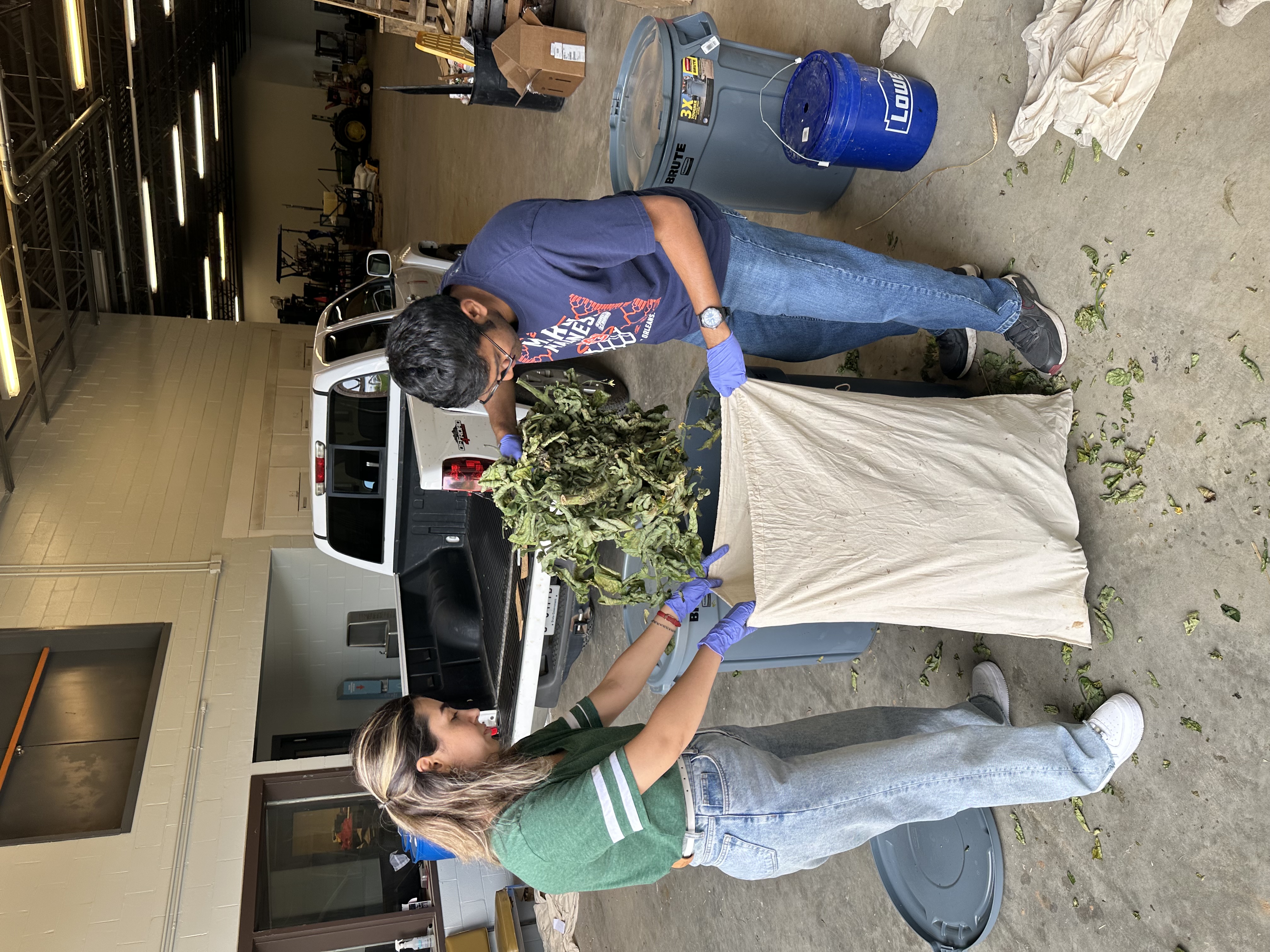
Auburn University
Drs. Adhikari and Jahromi are converting crop residues into greenhouse energy via gasification. The aim is to achieve over 90% greenhouse gas reduction compared to coal-based technology.
Read More About What They're Doing
Auburn University
Dr. Higgins is developing an advanced wastewater treatment system for CEA irrigation, incorporating an algal-bacterial nitrifying reactor and UV disinfection, with the goal of reducing freshwater usage, fertilizer consumption, and greenhouse gas emissions.
Read More About What They're Doing
Auburn University
Dr. Blersch is designing periphyton systems that use algae to absorb excess nutrients in hydroponics, creating sustainable soil amendments and improving nutrient efficiency. The focus is on using diverse algae communities to absorb nitrogen and phosphorus for repurposing as soil amendments or bioproducts, enhancing plant productivity and resource efficiency in Controlled Environment Agriculture.
Read More About What They're Doing
